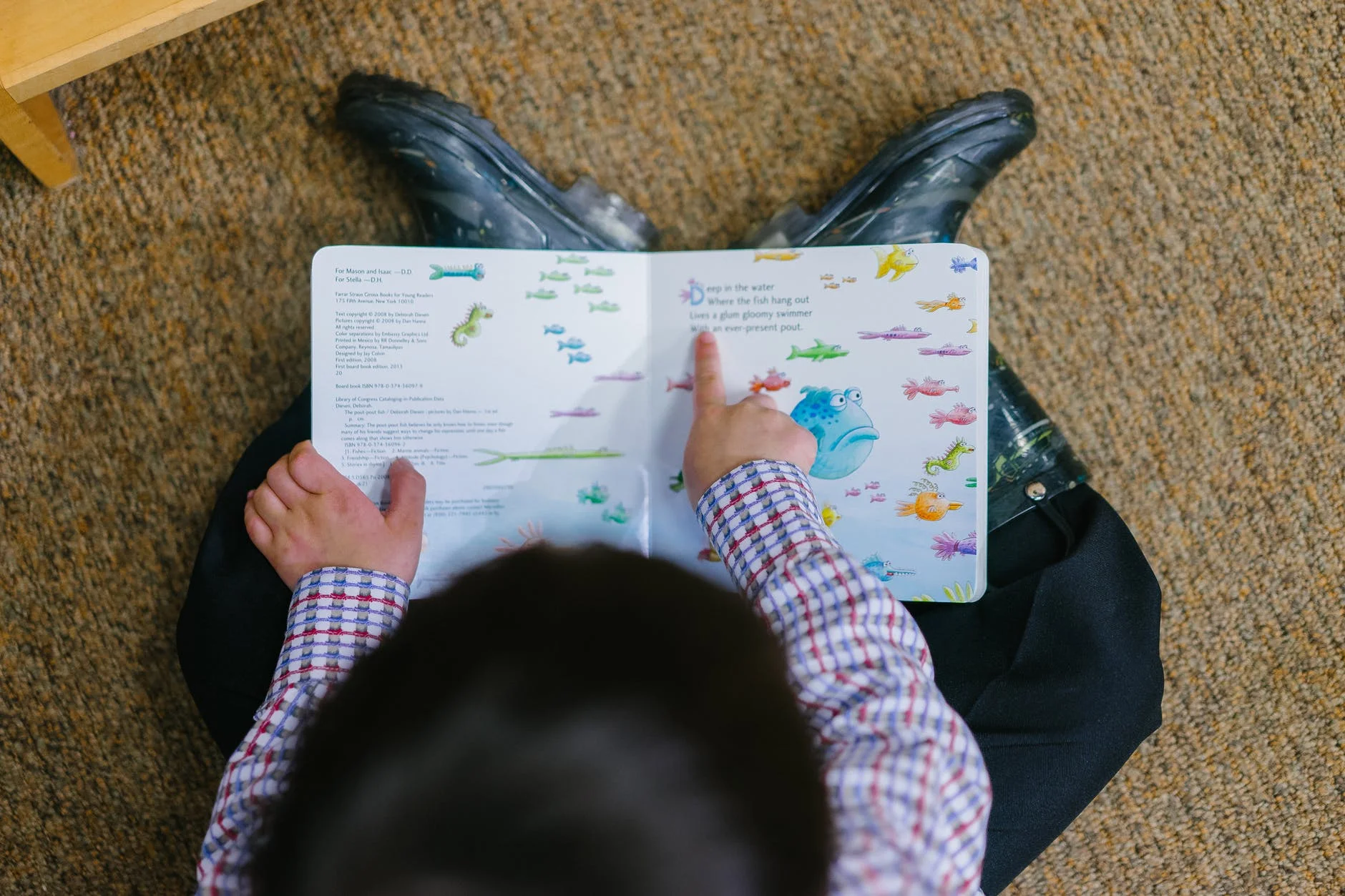A Brief History of Early Childhood Education in The United States
The history of early childhood education in the United States can be traced back to the colonial era, when the first "dame schools" were established to provide basic education for young children. These schools, which were typically run by older women in their homes, taught reading, writing, and basic arithmetic.
During the 19th century, the idea of formal education for young children began to gain traction, and various forms of "kindergartens" were established. The first public kindergarten in the United States was established in 1856 in Watertown, Wisconsin by Margarethe Schurz, the wife of Carl Schurz, a German-American statesman. These kindergartens were based on the German model, which emphasized play-based learning and socialization.
In the early 20th century, the field of early childhood education began to professionalize, with the establishment of teacher training programs and the development of educational standards. The National Association for the Education of Young Children (NAEYC) was founded in 1926, and continues to be a leading professional organization in the field.
During the 1930s and 1940s, the federal government began to invest in early childhood education through programs such as the New Deal's National Youth Administration and the Lanham Act. The Head Start program, which provides comprehensive services to low-income children and families, was established in 1965 as part of President Lyndon B. Johnson's War on Poverty.
In the decades that followed, early childhood education continued to evolve and expand. The Individuals with Disabilities Education Act (IDEA) was passed in 1975, ensuring that children with disabilities have the right to a free and appropriate education. In the 1990s, the concept of "school readiness" began to gain prominence, with a focus on preparing children for success in school and beyond.
Today, early childhood education is recognized as a vital component of a child's development and a crucial investment in the future. The field continues to evolve, with ongoing research and developments in areas such as technology, neurosciences and child development.
In conclusion, early childhood education in the United States has a long and rich history, that has evolved from informal education to formal and professionalized one, with many government programs, initiatives and non-profit organizations that have helped to shape and improve the quality of education for young children.




